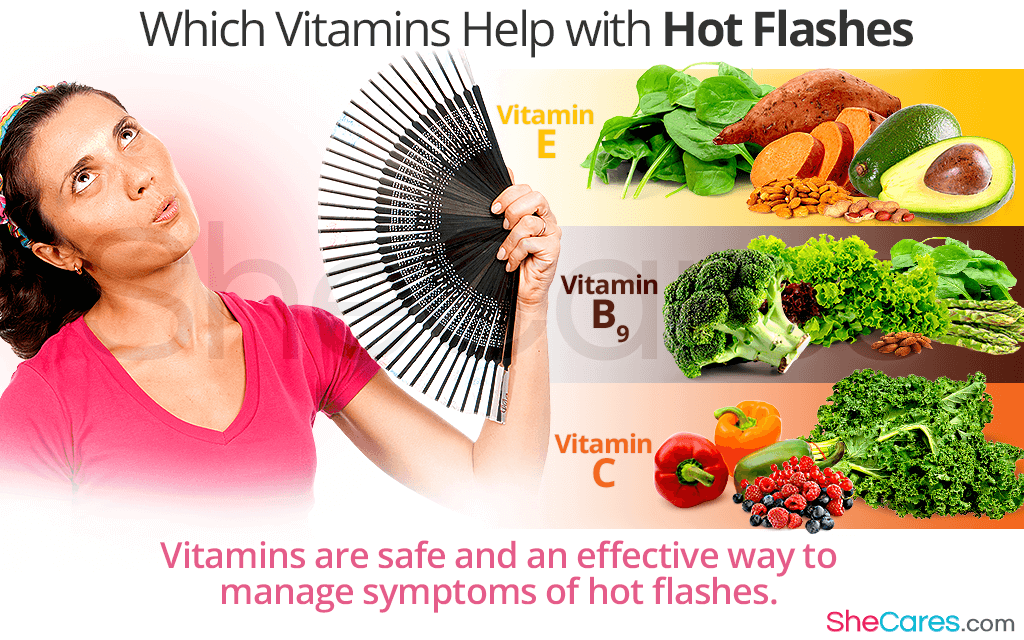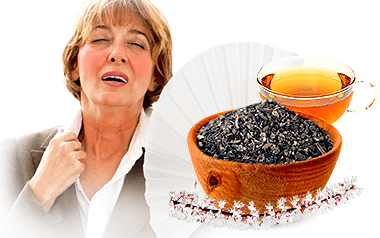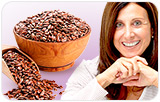Vitamins are an essential part of our diet, as they help to keep our bodies healthy and working properly. If you're experiencing hot flashes, vitamins may even be able to help you reduce the frequency of your hot flashes. While medications for menopause-associated conditions like hot flashes are always an option, many women prefer not to experience the many side effects that may occur with prescription medications. Read on to learn about the best vitamins for hot flashes.
Vitamin E
One of the most popular vitamins for hot flashes, vitamin E has been studied as an alternative treatment for hot flashes. Vitamin E is actually the name for a group of antioxidants, made up of compounds called tocopherols and tocotrienols, which are beneficial to your health. While the mechanism of action behind vitamin E's effects on hot flashes is not fully understood, it has been shown to be beneficial.
Vitamin E can be found in a number of different foods. Some of the foods highest in vitamin E are almonds, spinach, sweet potato, and avocado, and it tends to be present in most nuts and beans.
Vitamin B9 (Folic Acid)
One of the many B vitamins, vitamin B9 - which is also commonly referred to as folic acid - is most well-known for its importance and use during pregnancy. However, other studies have recently found that it can also be beneficial to women experiencing hot flashes by reducing the frequency, duration, and severity of the hot flashes. Scientists have not yet determined what about the vitamin is responsible for these benefits.
Dark leafy greens such as spinach, lettuce, and other greens are some of the foods highest in vitamin B9, but it can also be found in broccoli, asparagus, avocado, citrus, beans, seeds, and nuts.
Vitamin C
While this useful vitamin may not be able to reduce the frequency of your hot flashes on its own, it can be very useful in stress reduction. Stress is often a trigger of hot flashes because stress can raise the body temperature and increase heart rate, both of which are typical symptoms of hot flashes. With proper stress management - and enough vitamin C - you may be able to keep your stress levels lower and prevent a hot flash episode.
Citrus fruits are well-known as sources of vitamin C, especially oranges. However, bell pepper contain even high levels of vitamin C than oranges do, and leafy greens like kale and berries like strawberries also can provide significant levels of vitamin C.
These three vitamins are already essential pieces of our diets, and they can help to minimize the symptoms of hot flashes. To learn more about alternatives to prescription medication, read about the top 5 natural remedies for hot flashes.



